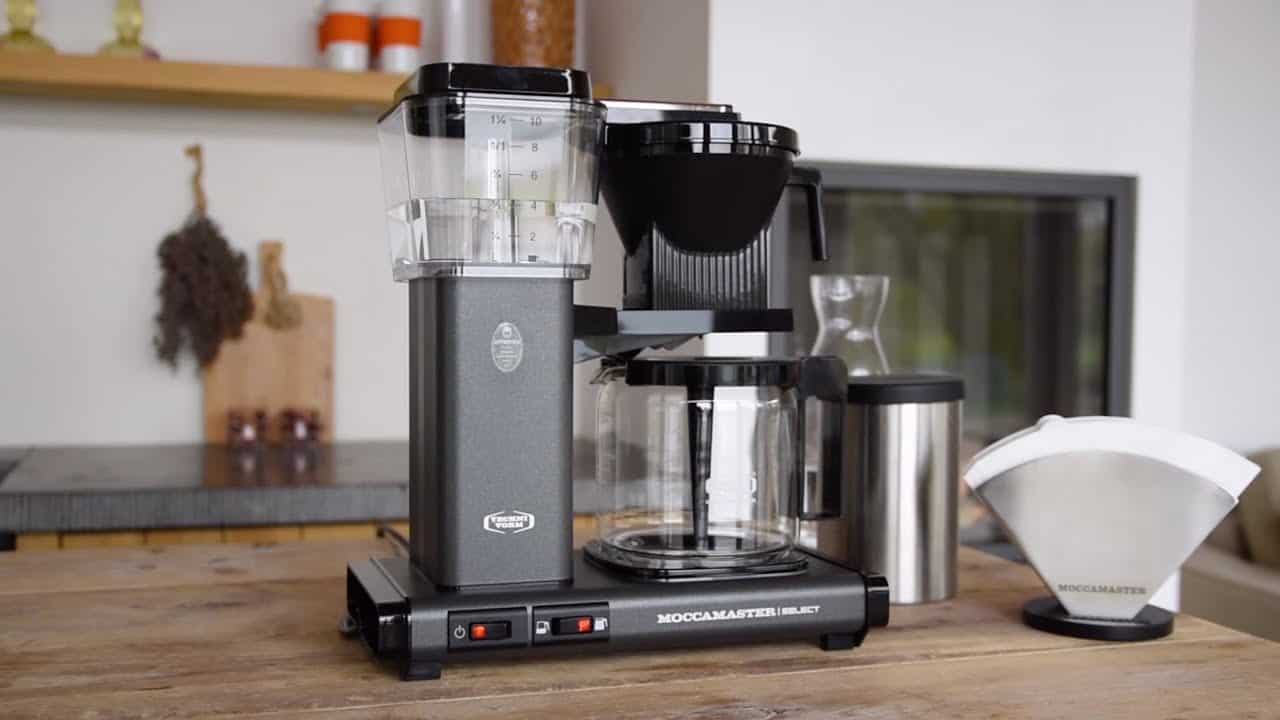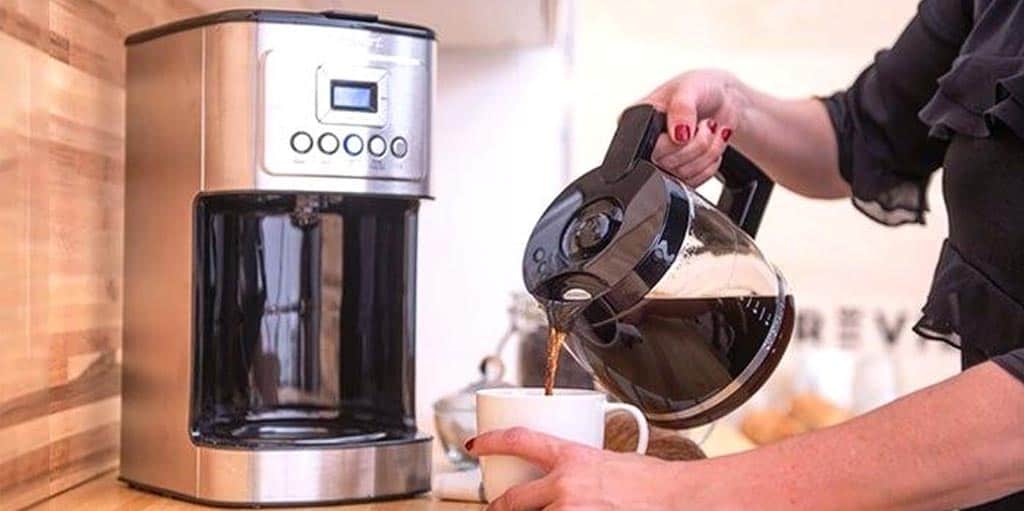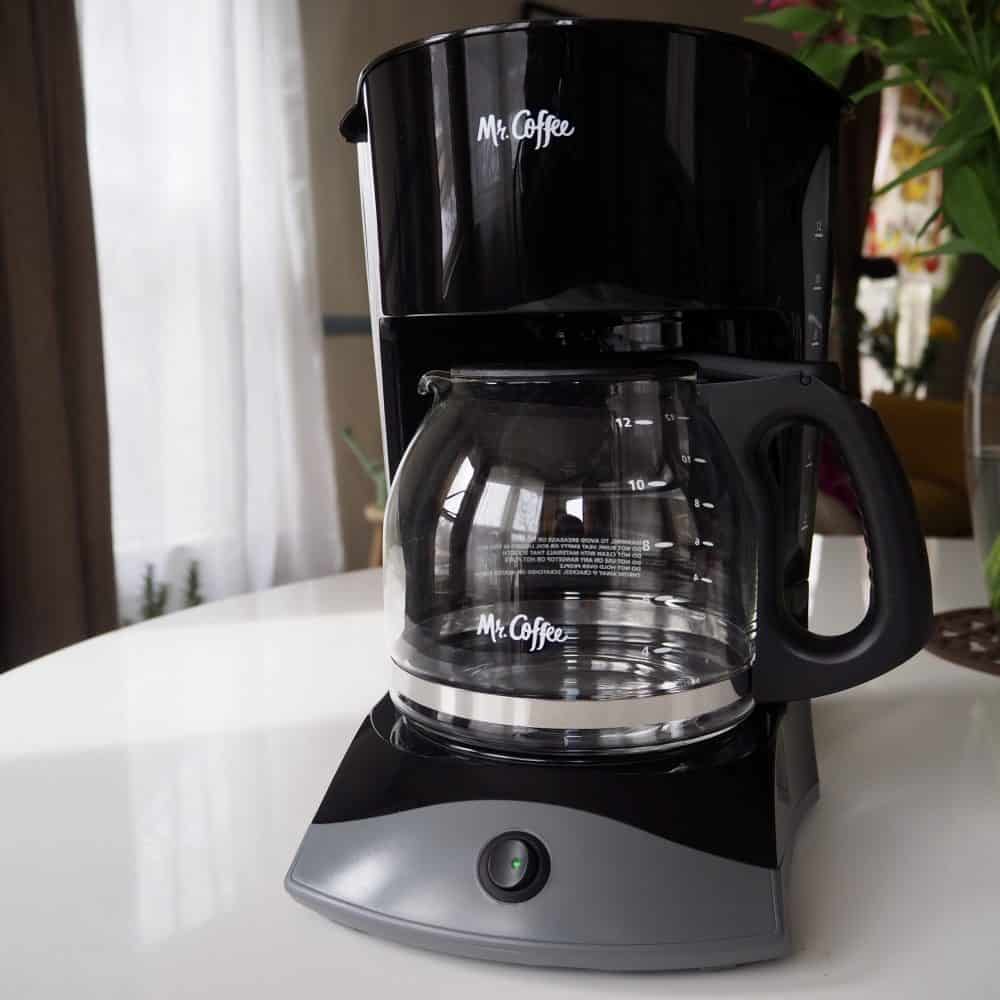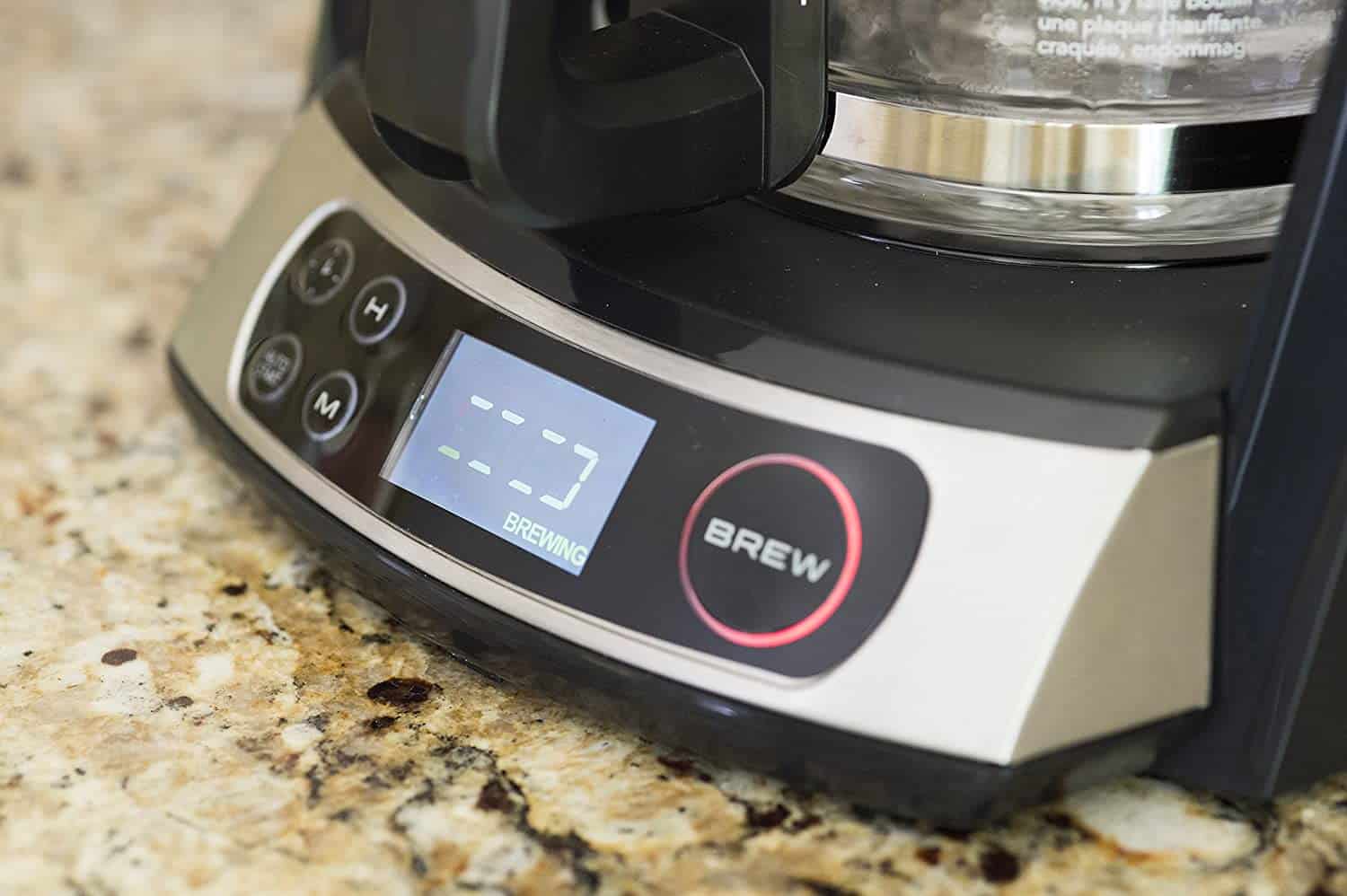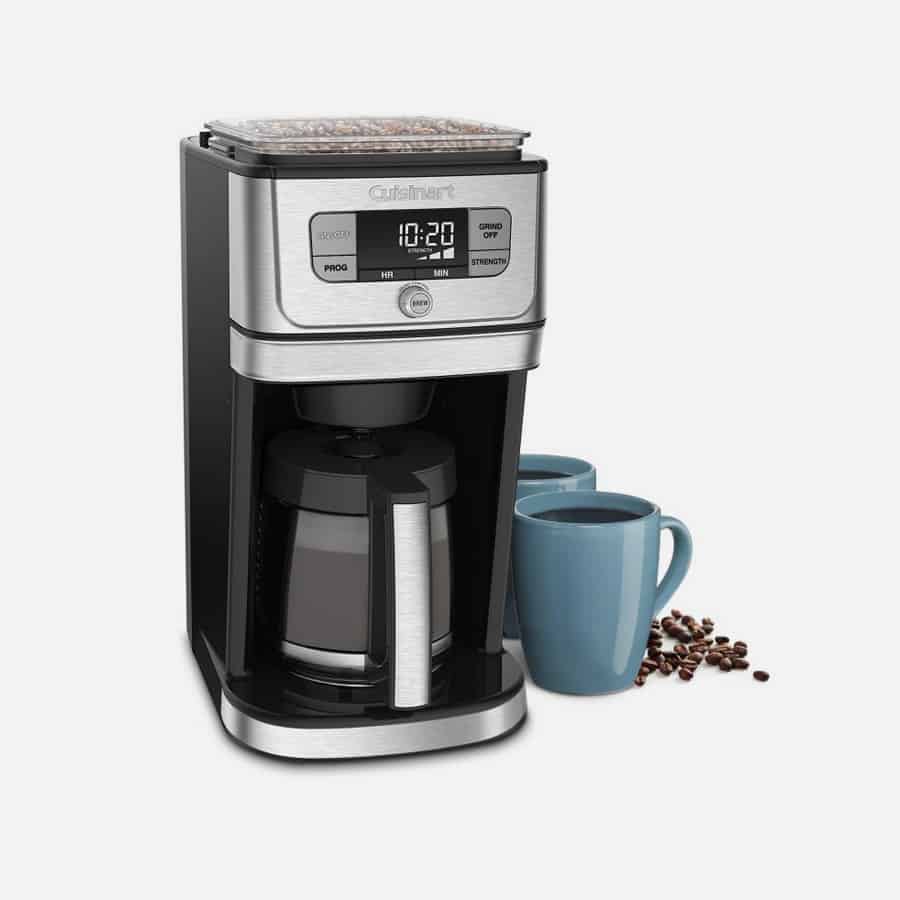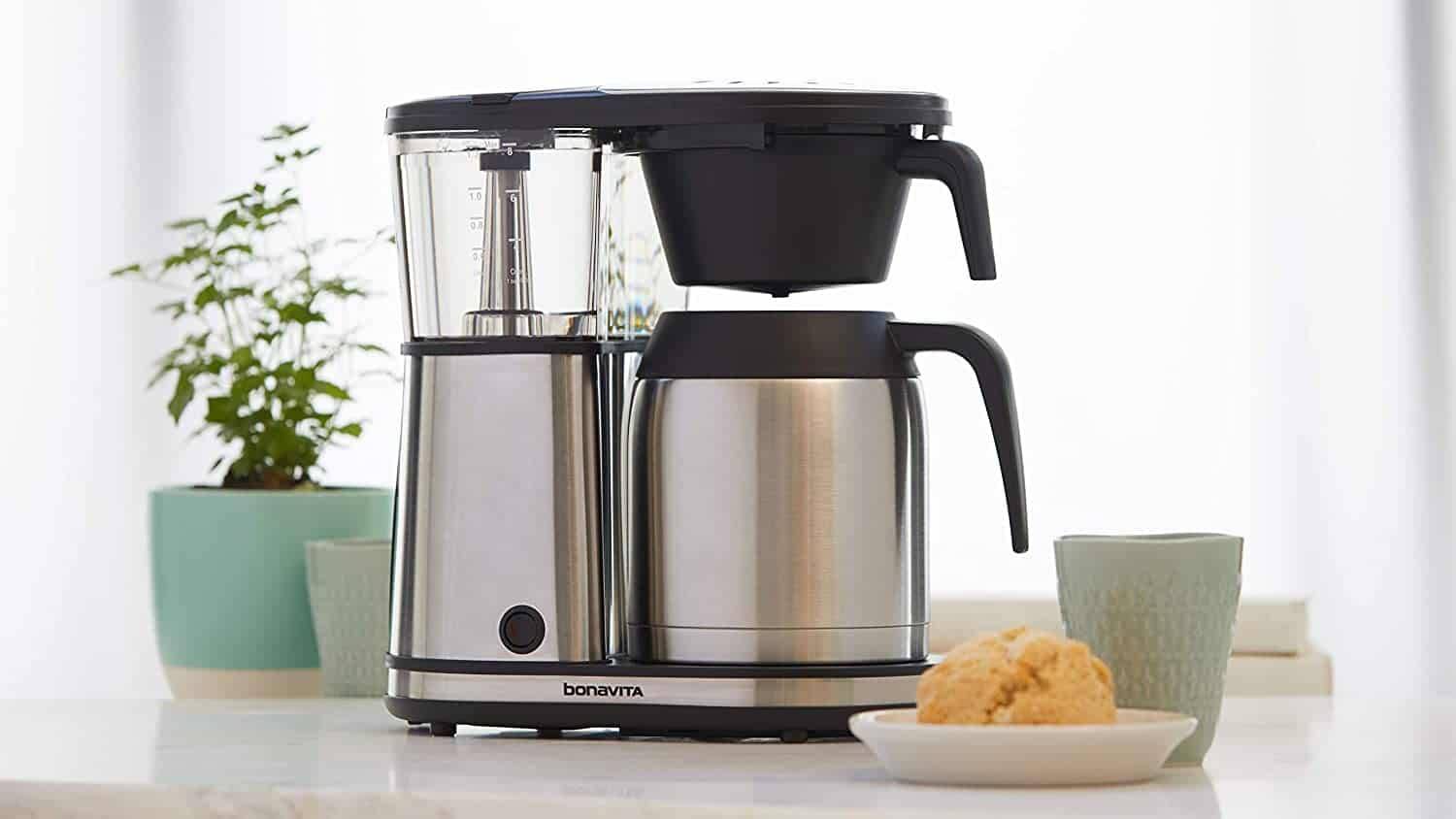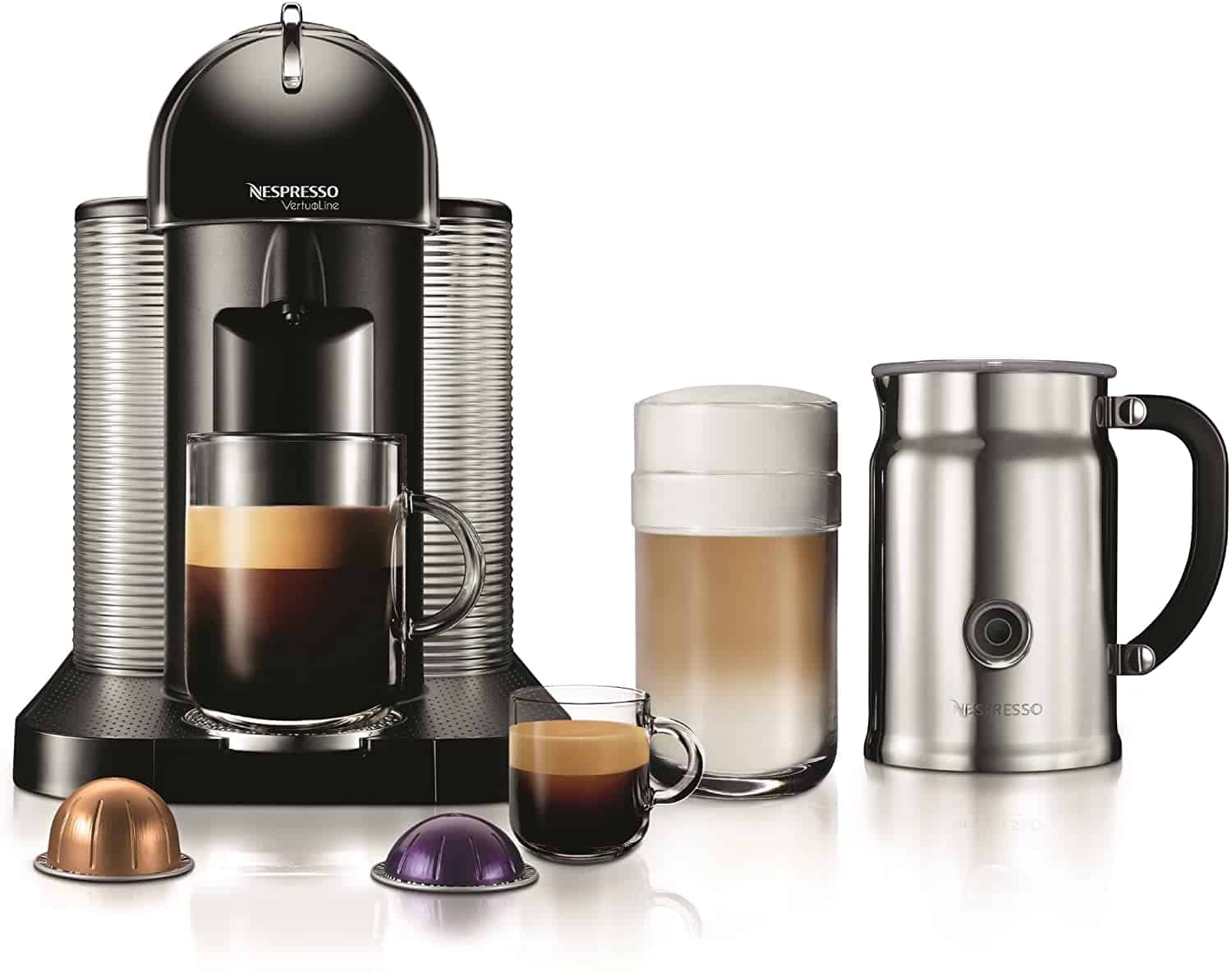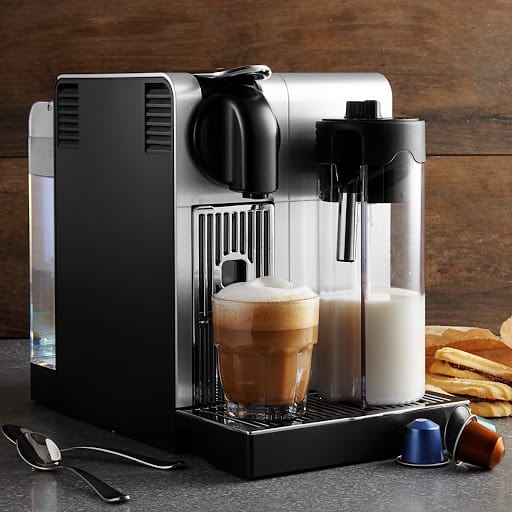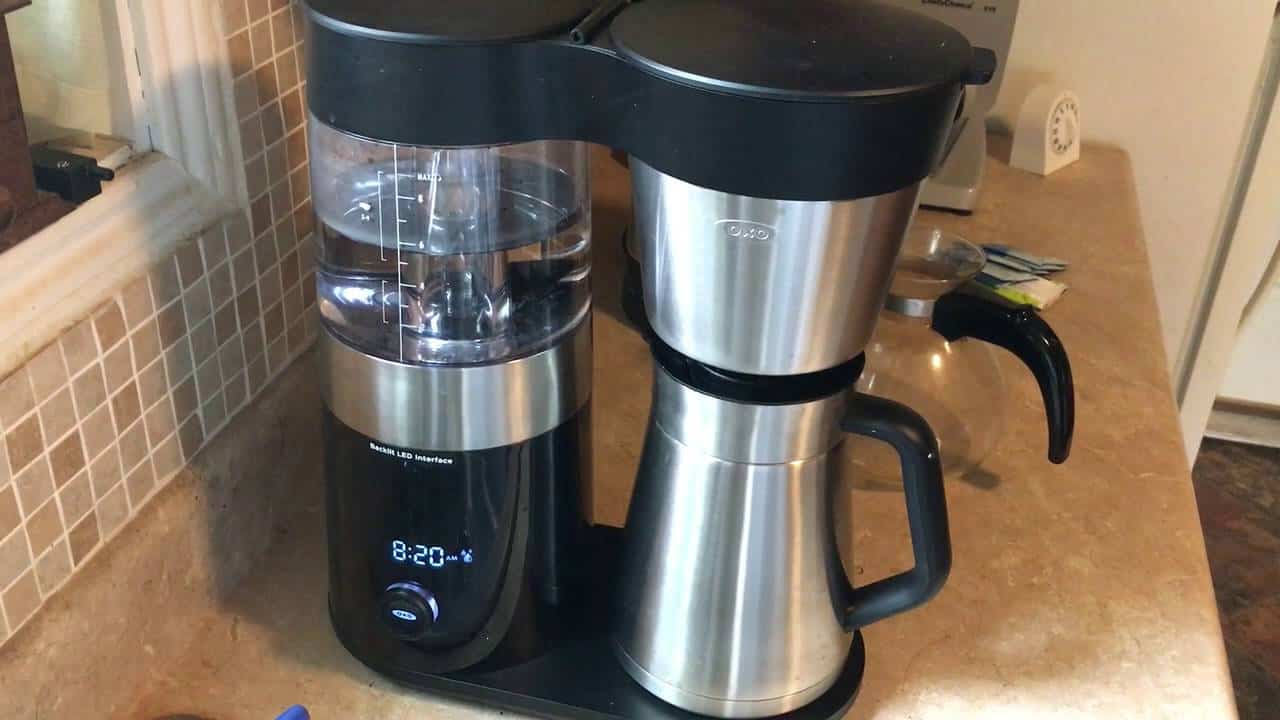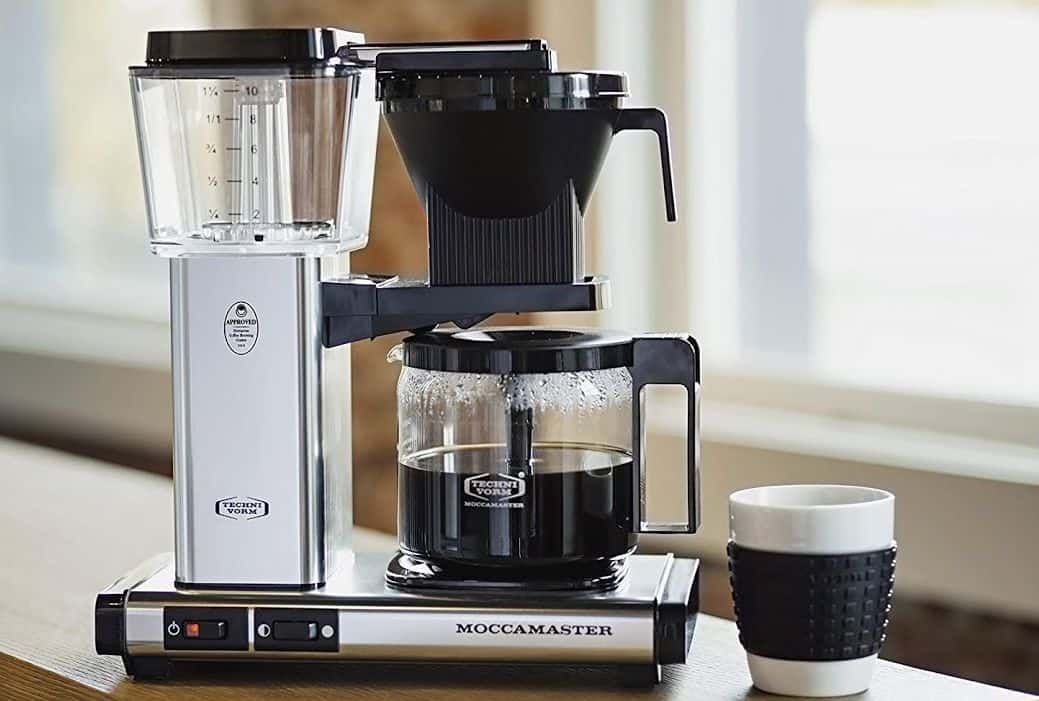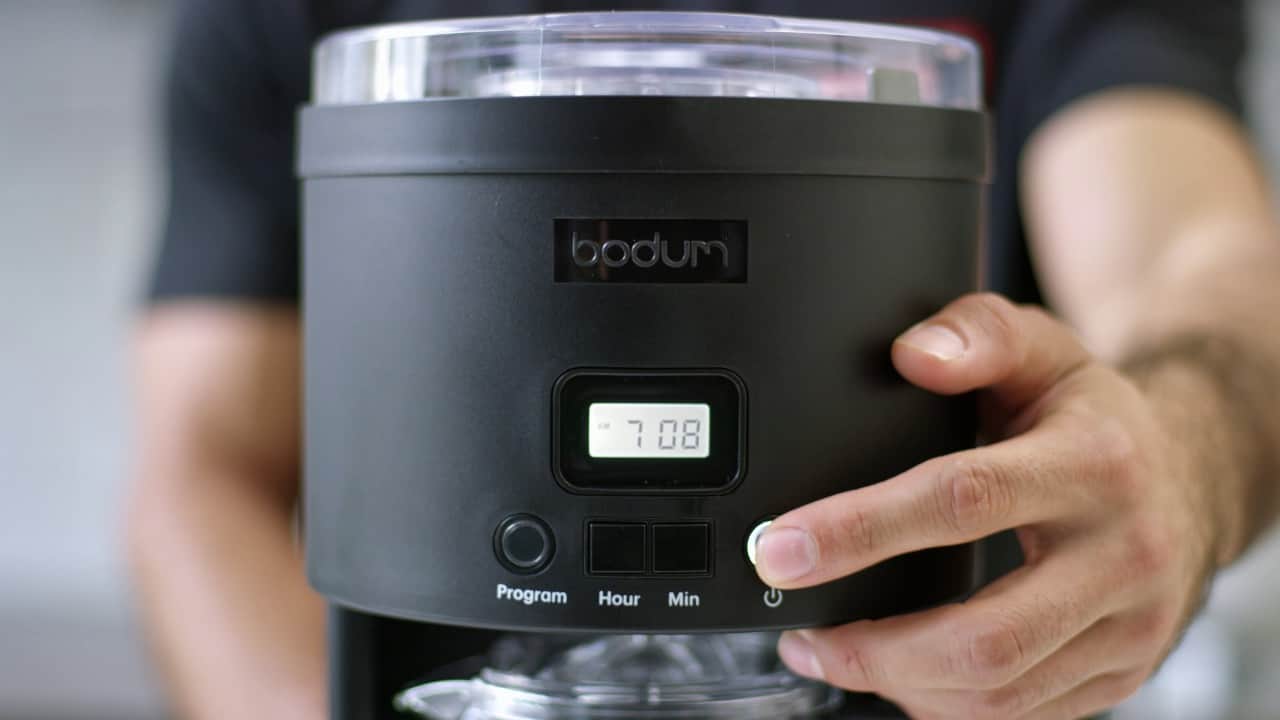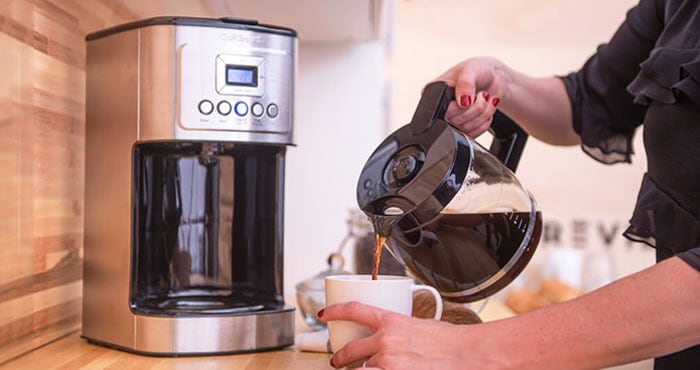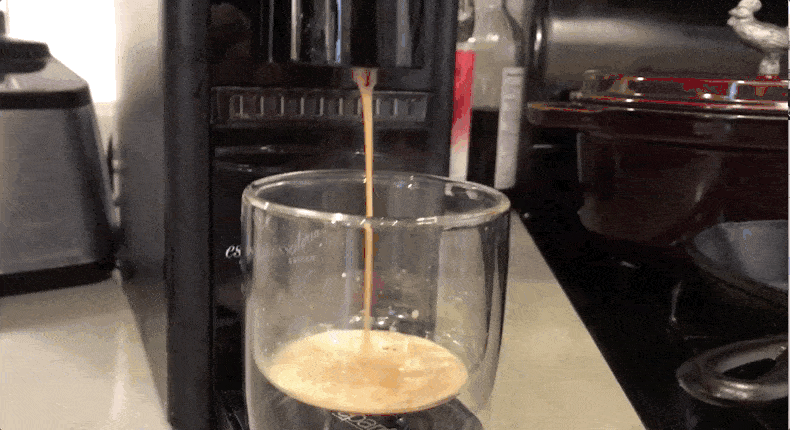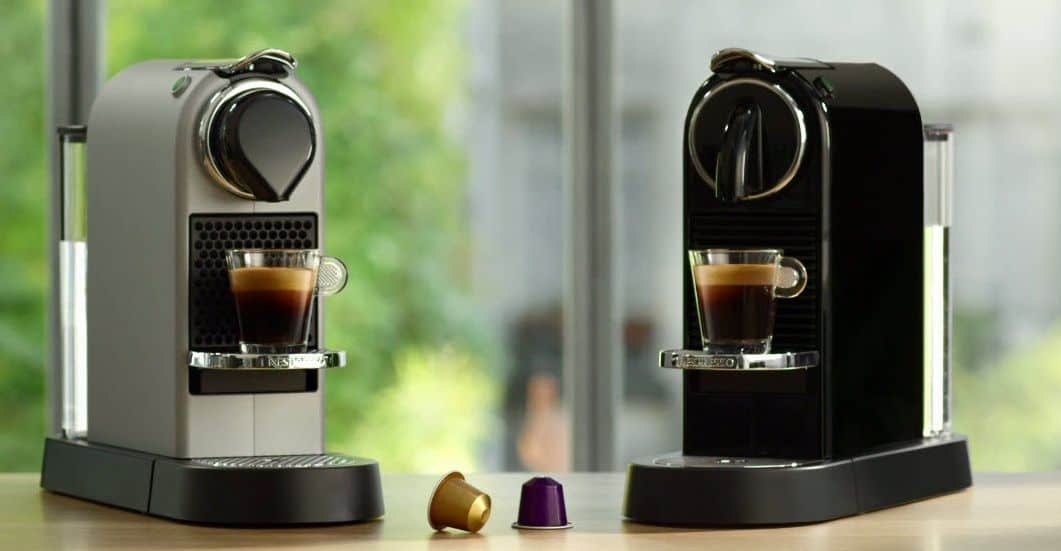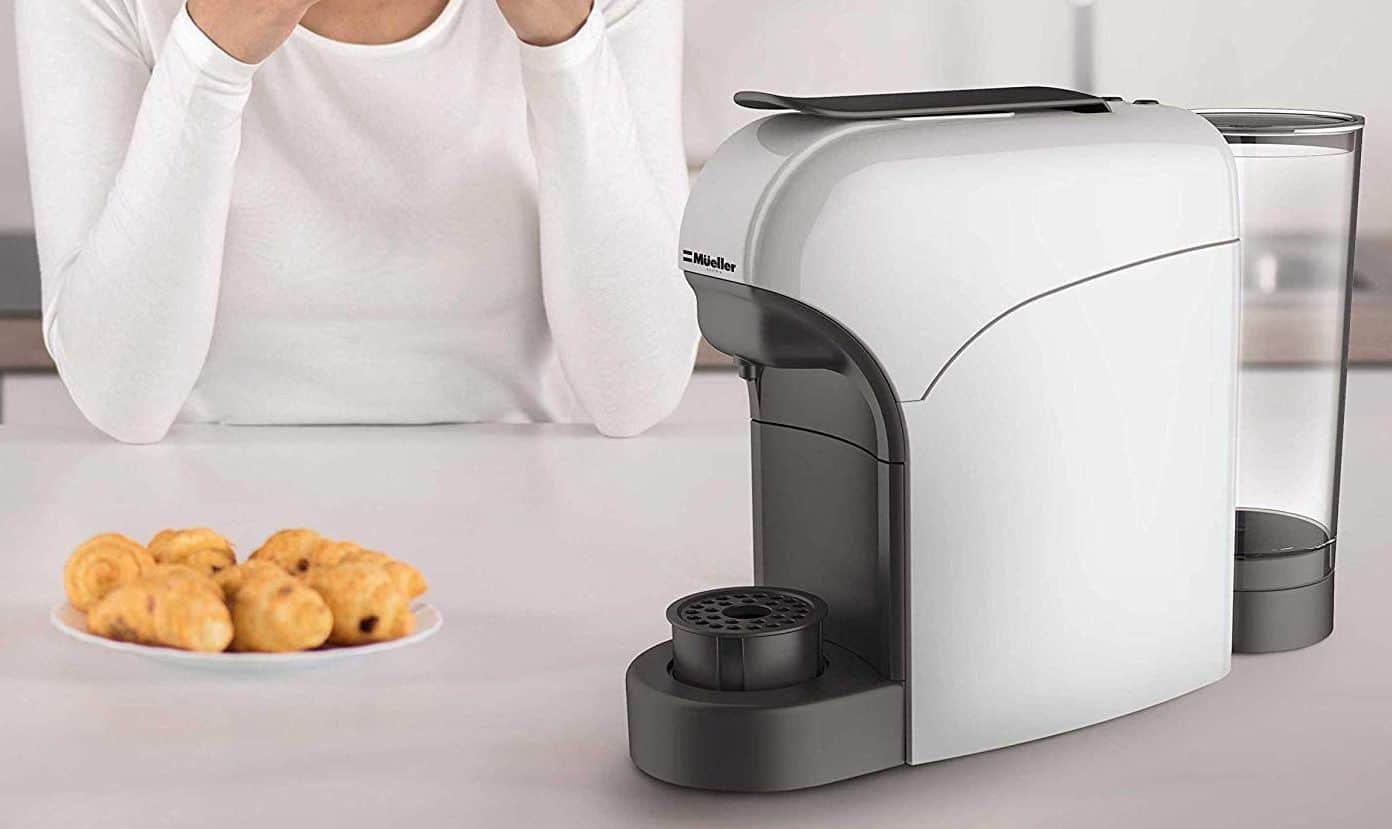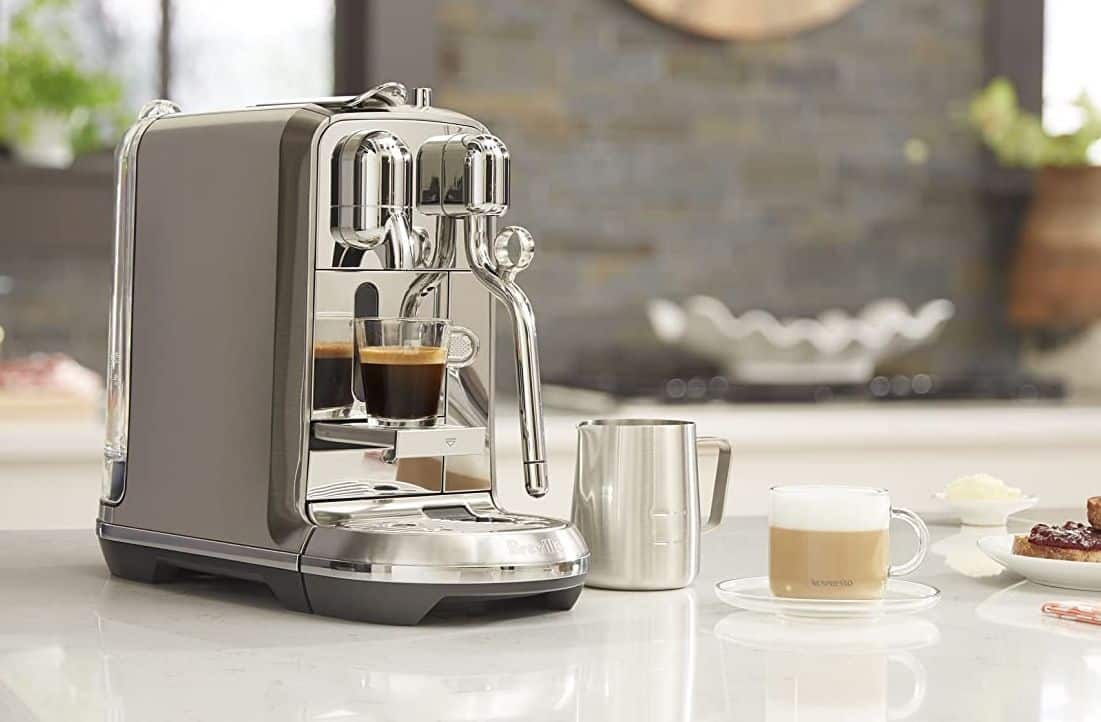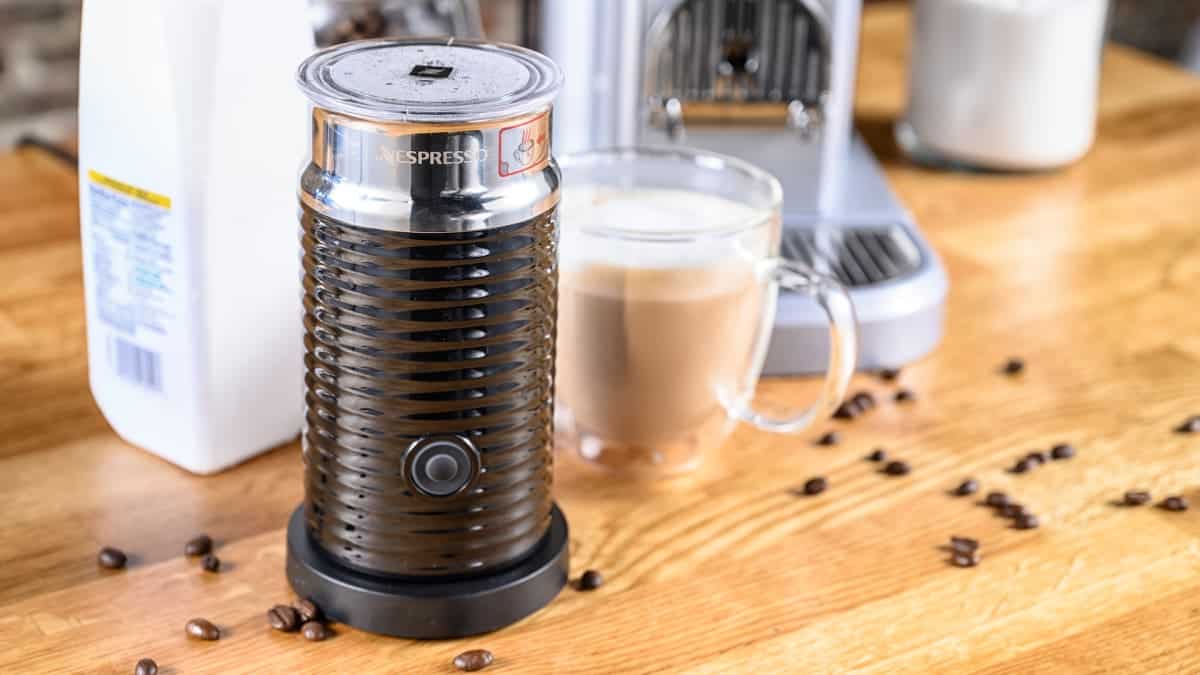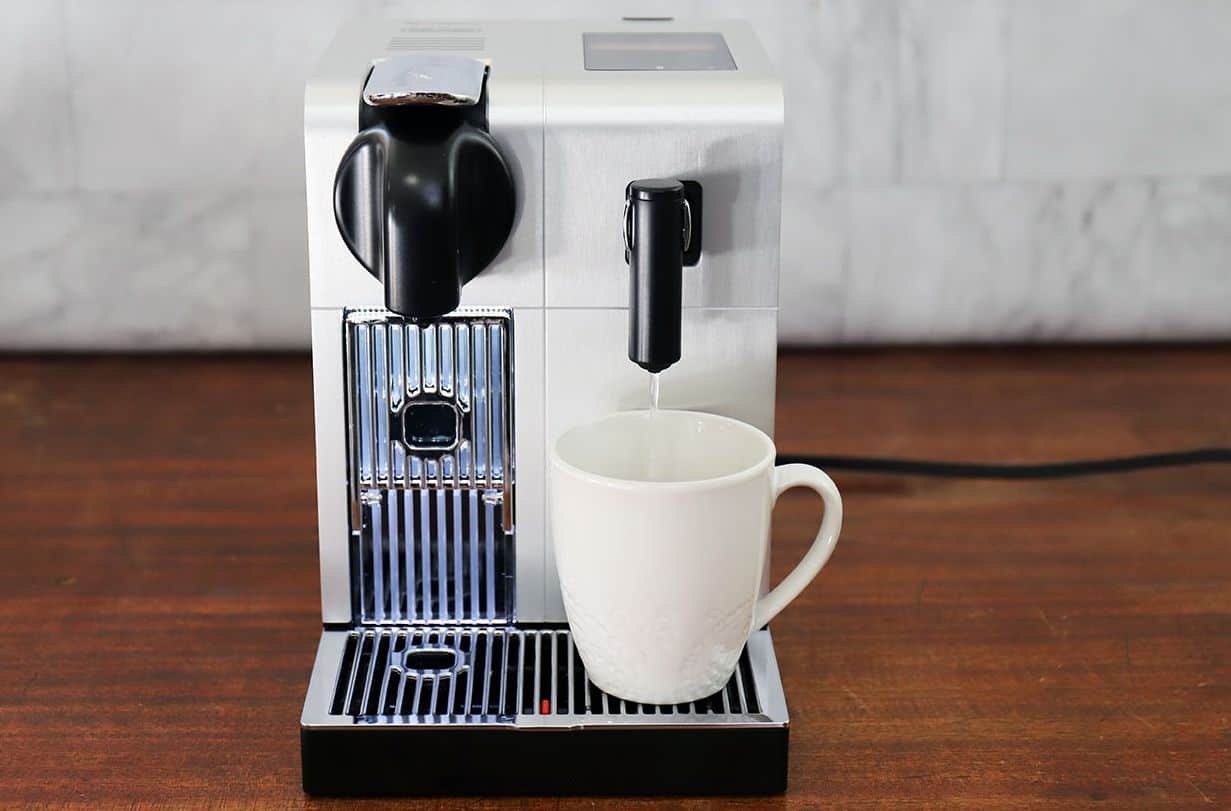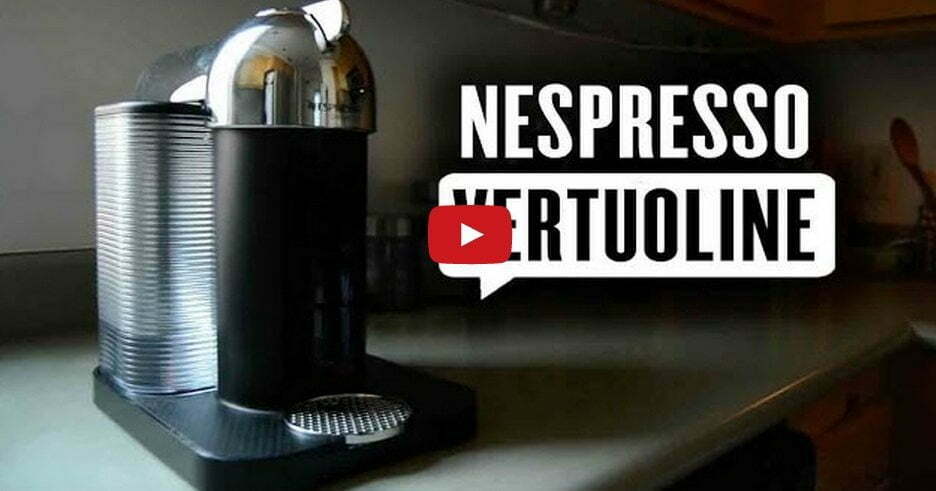Comparing a coffee maker cone vs a basket filter is easy. Both rely on hot water to produce a delicious cup of coffee. But while they may seem similar, a machine’s filter type does affect the brewing process. You may have the best coffee maker and still not get the morning brew you want because of the filter.
KEY TAKEAWAYS:
- Cone filters often brew slightly less than flat filters.
- Choosing between a manual and automatic brewing method will affect the best filter choice.
- Conical filters result in noticeable flavor differences according to one UC Davis-run sensory evaluation.
Comparing Filter Cones Vs Filter Baskets
Filter shape isn’t the only factor that coffee lovers are concerned with. They may consider a coffee maker permanent filter vs paper, for example. But before reaching that stage, they have to decide on the shape and type of coffee filter. Some of the most popular are conical and others are flat-bottomed or basket-like. Each shape has its own flow rate and even its own flow pattern. And as the water flow changes, so too does the final brew.
Insider Tip
You can also change the flavor of your morning brew by grinding your beans rather than buying ground coffee.
Coffee Machine Compatibility
A basket coffee maker will break down its filter size based on the cups of coffee to be brewed. Machines with cone filters use filter sizes of either #1, #2, #4, or $6, each of which corresponds roughly to the number of cups brewed in filters with basket shapes.
Anyone looking to make just one cup of coffee will want to go with a manual option that can include “pour-over” coffee makers. These devices often use #1 cone shape filters, which have no basket equivalent. #2 size cone filters make 2-6 cups of coffee in an electric cone coffee maker, though they make about half that in a manual device. 8-12 cup coffee machines use a #4 filter or an equivalent basket filter. Finally, manual 10-cup coffee makers use #6 size cone-shaped filters.
Affect on Quality of Coffee
Surprisingly, the shape of a filter does affect the flavor of a cup of coffee. A study conducted by the UC Davis Coffee Center tested flat (basket) versus triangle (cone) filters. Flat filter- brewed cups of dark roast were described as “haylike” and “cocoa” and other earthier flavors. Light roasts were described as “floral,” “raisin,” and “dried fruit.” Triangle filters also resulted in flavorful coffee, but they were described very differently. Light roasts were either noticeably sweet or markedly sour while dark roasts were marked as “bitter” or “smoky.”.
Grind Preference
The roast level is not the only point where the coffee grounds interact with the filter. Researchers also measured how grind sizes and the filter basket shape interacted. Medium grinds were left out by the UC Davis Coffee Center researchers, unfortunately. However, both large and small grind sizes were heavily tested and then charted.
Fine coffee grounds and a flat (basket) filter produced the most flavorful coffee, often described in fruity or chocolate-like terms. However, coarser grinds, whether in a cone or flat filter, led to a coffee taste more often described in ashy, sour, or acidic terms. Overall, both grind types turned out better in flat-bottomed baskets while conical filters resulted in more arid coffee with sharper flavors. Getting the perfect grind may require knowing about a coffee maker with a grinder vs a separate grinder, however.
Warning
Most coffee is brewed with hot water. Always take care when handling hot liquid.
F.A.Q.S
Does the coffee filter shape matter?
Yes. Although filters usually come in one of two popular shapes, their geometry affects coffee flavor. Filters with a flat bottom tend to produce sweeter, full-flavored coffee, while cone or triangular filters create more acidic and bitter results. This was true whether the coffee beans were of a dark or light roast or how fine the coffee grounds are.
What are common coffee filter types?
In addition to the triangular and flat filter options, there are several other options available. They are generally less common, however. French presses, for example, have permanent filters. However, these work differently from a drip coffee brewer by pressing down a bed of coffee grounds rather than dripping water over the dry coffee. Other machines may use filters in a semi-conical shape, though these are much less common.
Why are some paper coffee filters white and others brown?
Disposable coffee filters often come in these two colors. Brown filters are made with unbleached paper, while white filters are bleached. To date, however, there is no study looking for a noticeable difference between the two.
Are there alternatives to paper coffee filters?
Those looking to reduce waste can purchase a reusable coffee filter. These metal filters have to be cleaned between each use but significantly reduce the need for disposable coffee filters.
STAT: Additionally, coffee brewed in the semi-conical basket had significantly higher %TDS, and we estimated a sensory difference threshold of 0.24 %TDS. (source)
REFERENCES:
- https://egrove.olemiss.edu/cgi/viewcontent.cgi?article=1432&context=hon_thesis
- https://www.health.harvard.edu/staying-healthy/whats-the-healthiest-way-to-brew-coffee
- https://digitalcommons.unl.edu/cgi/viewcontent.cgi?article=1039&context=physicsfullerr
- http://www.edubilla.com/invention/coffee-filter/
- https://coffeecenter.ucdavis.edu/

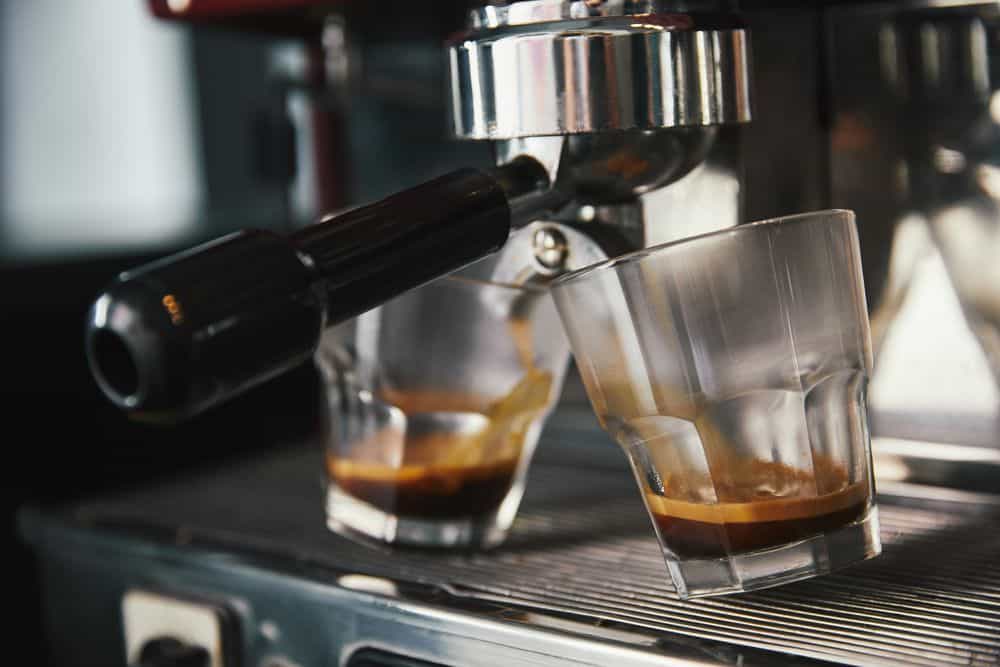













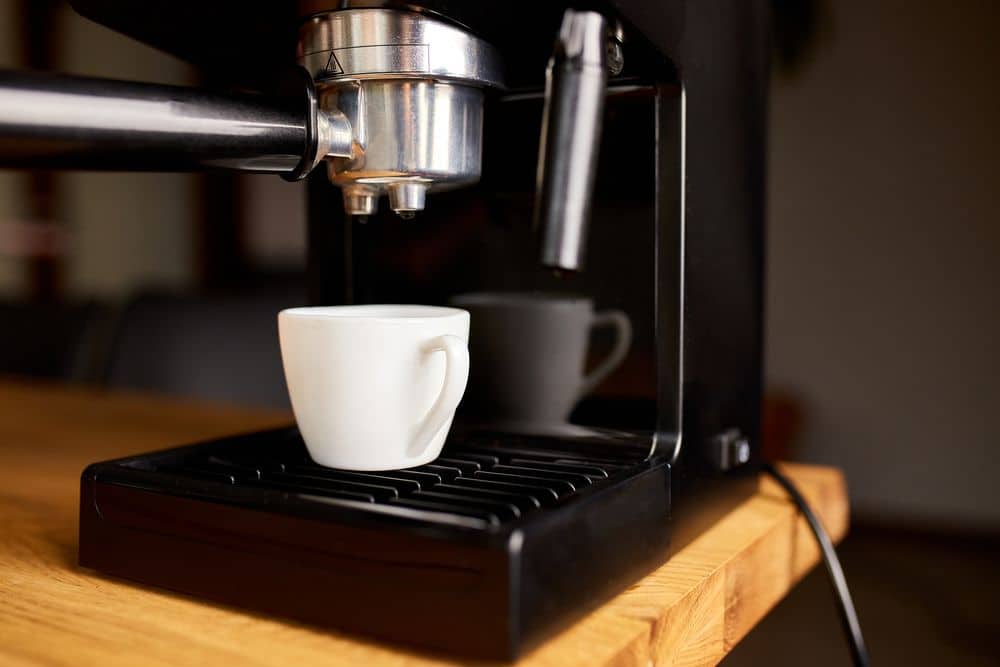
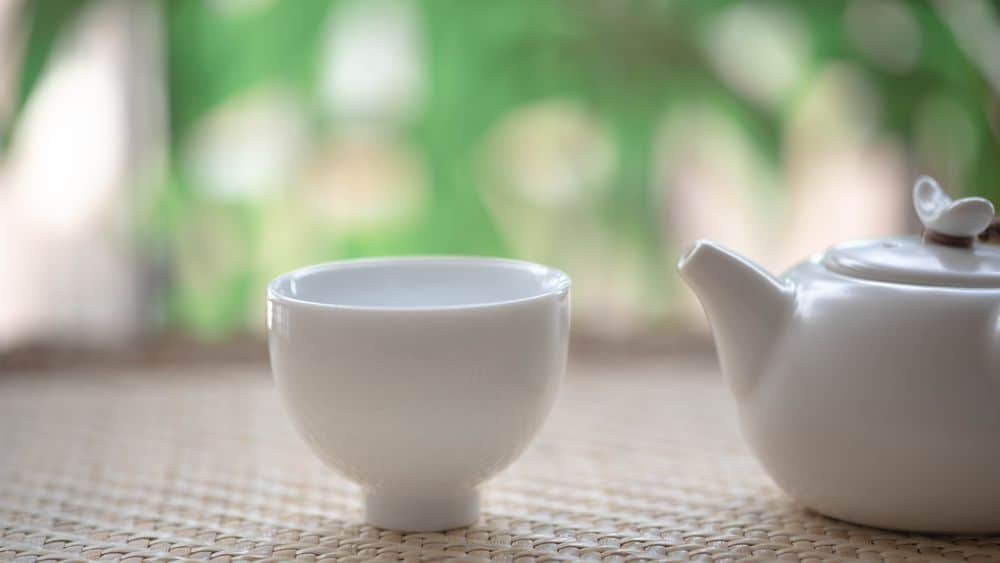
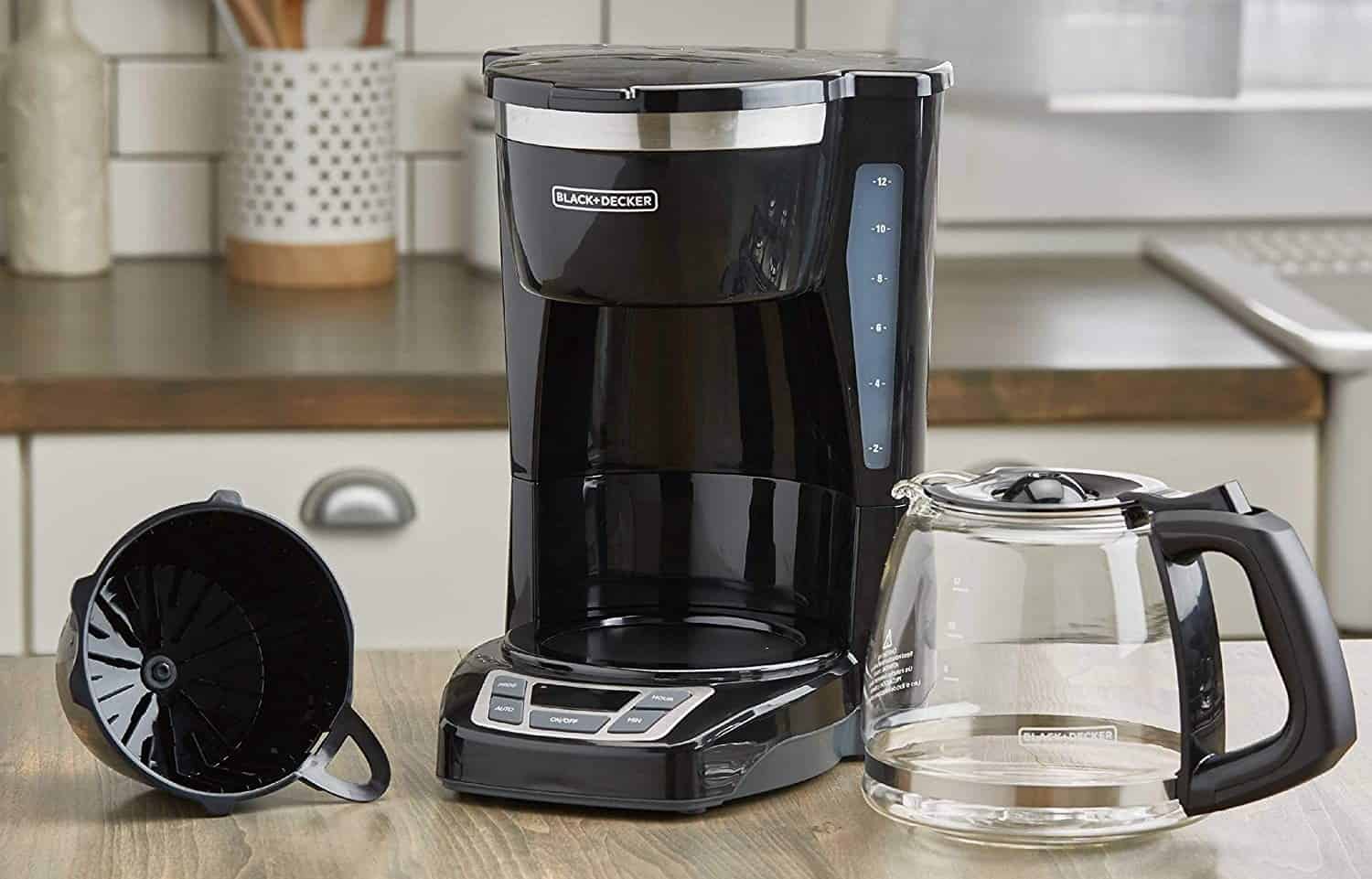
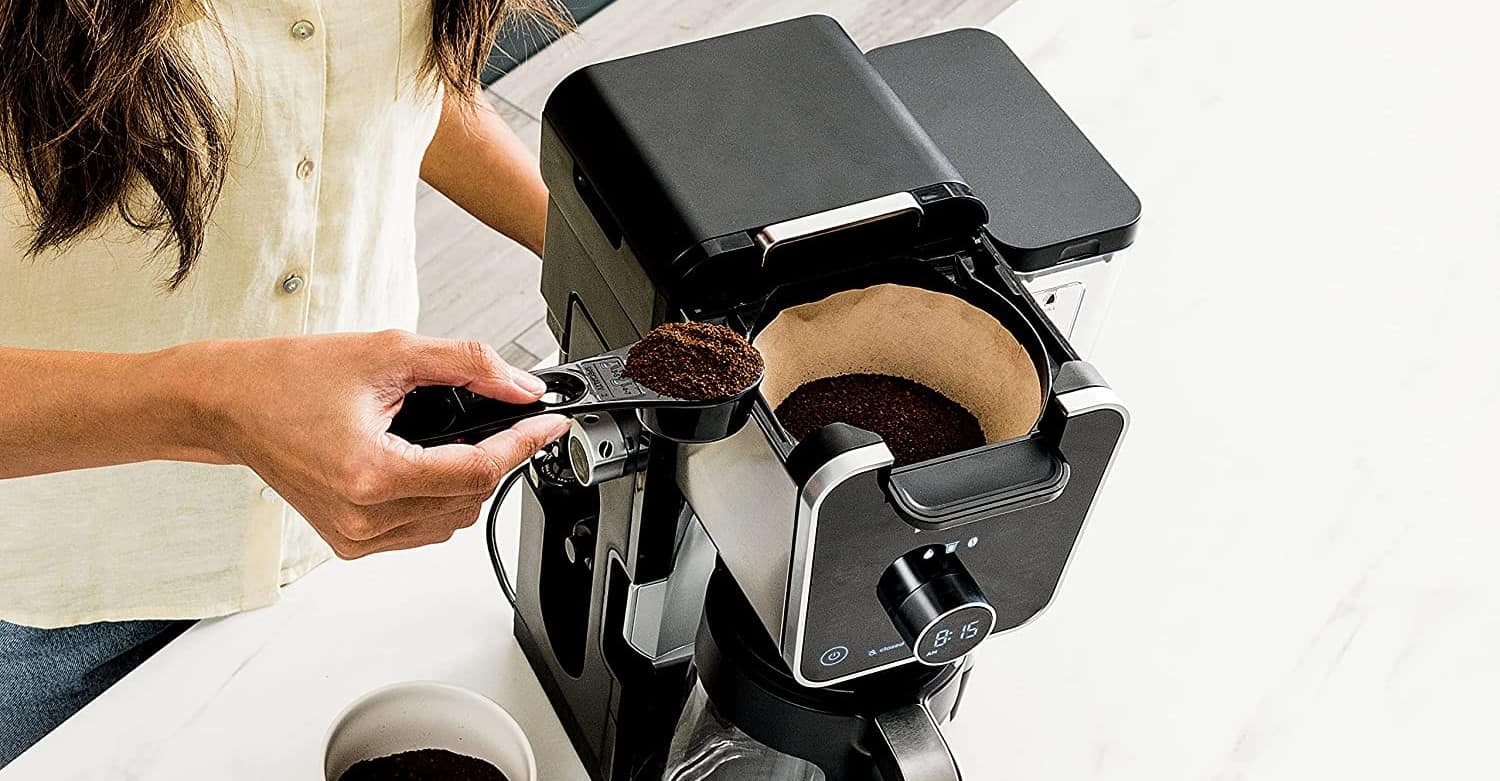
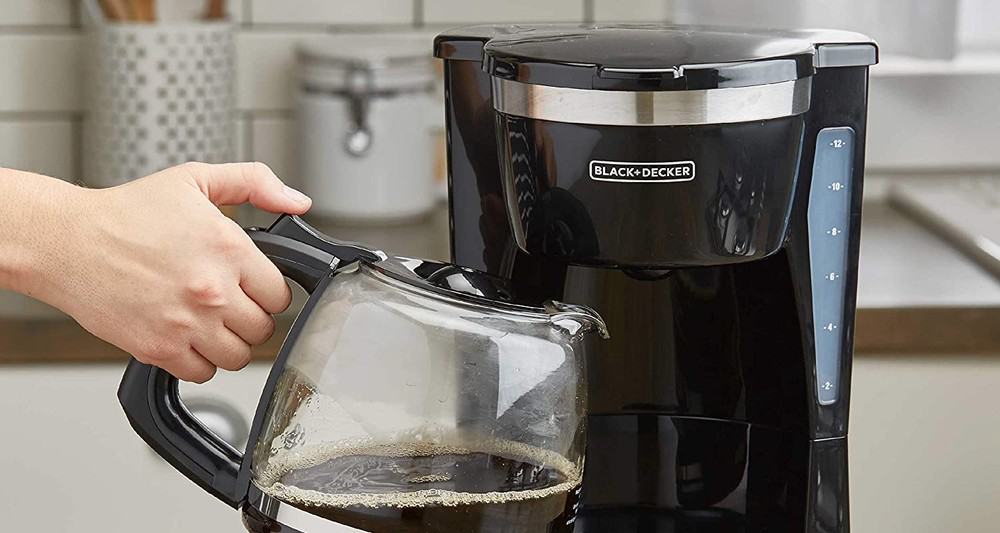
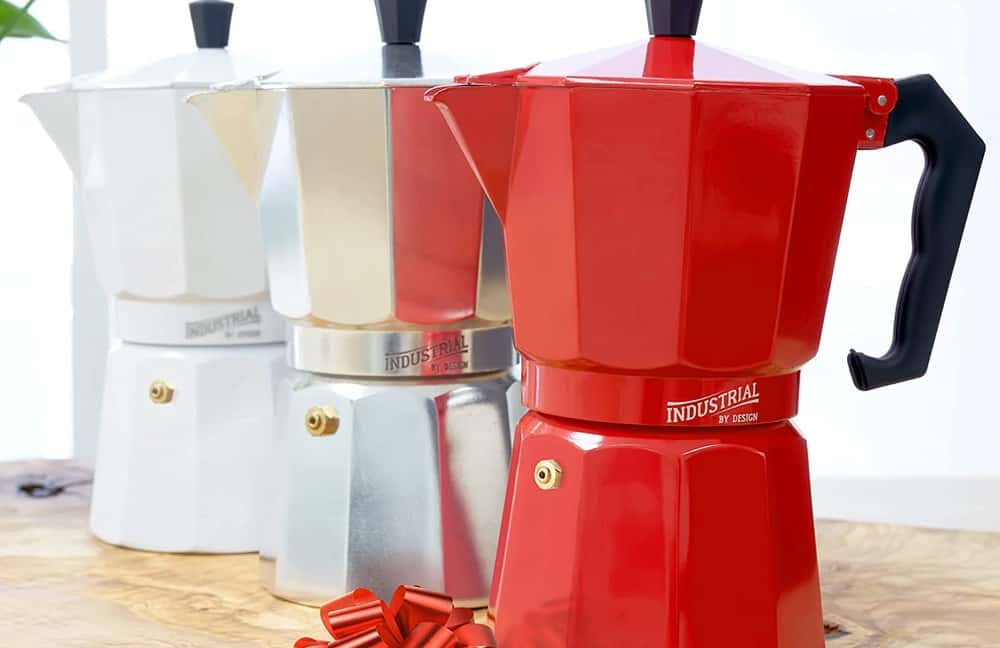
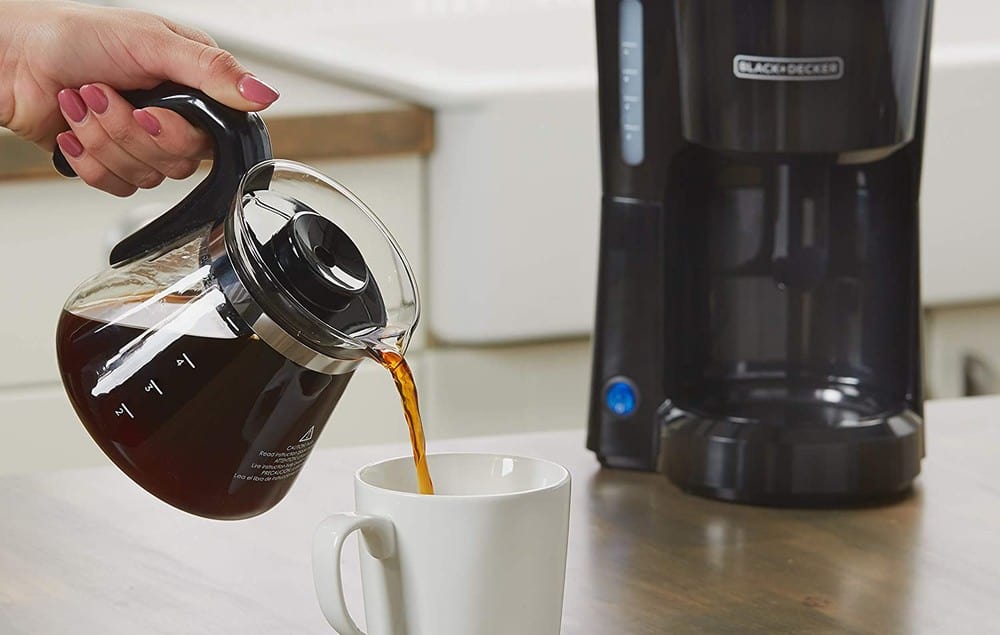
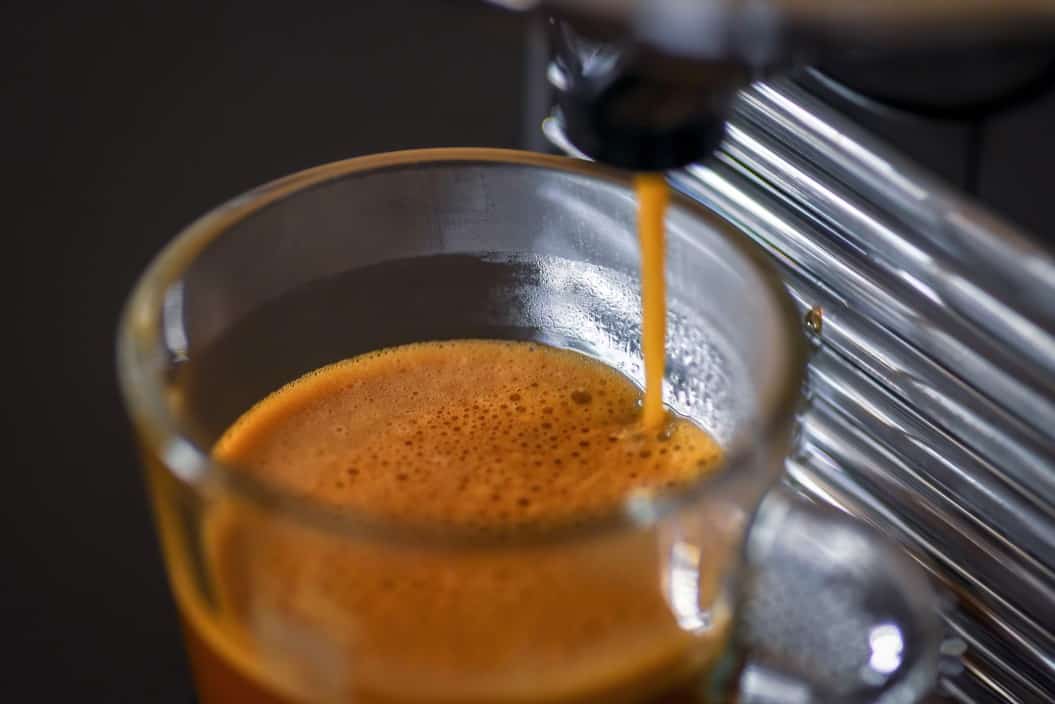
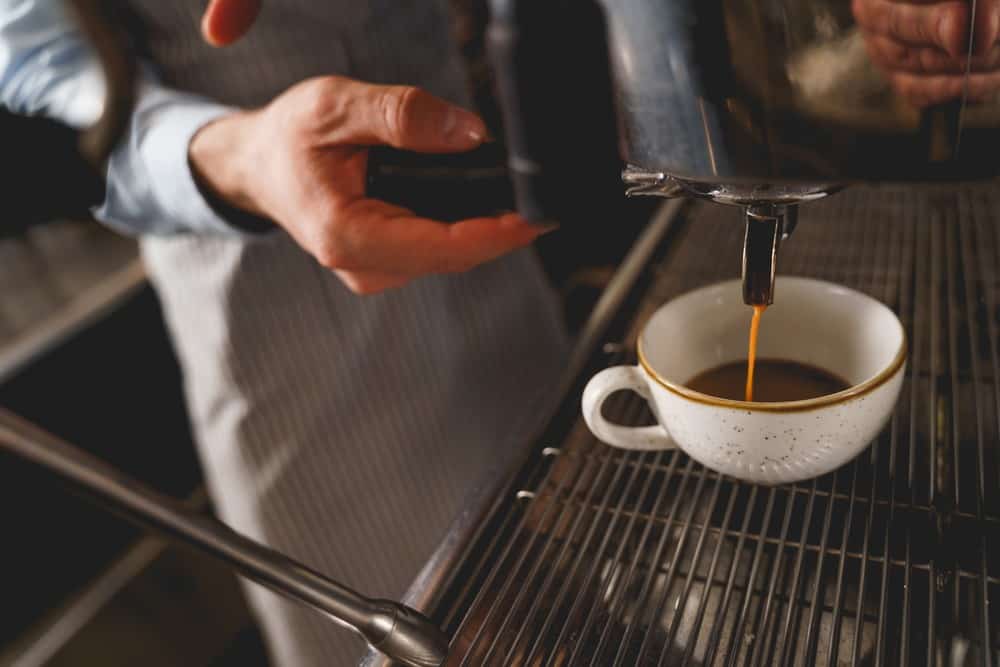
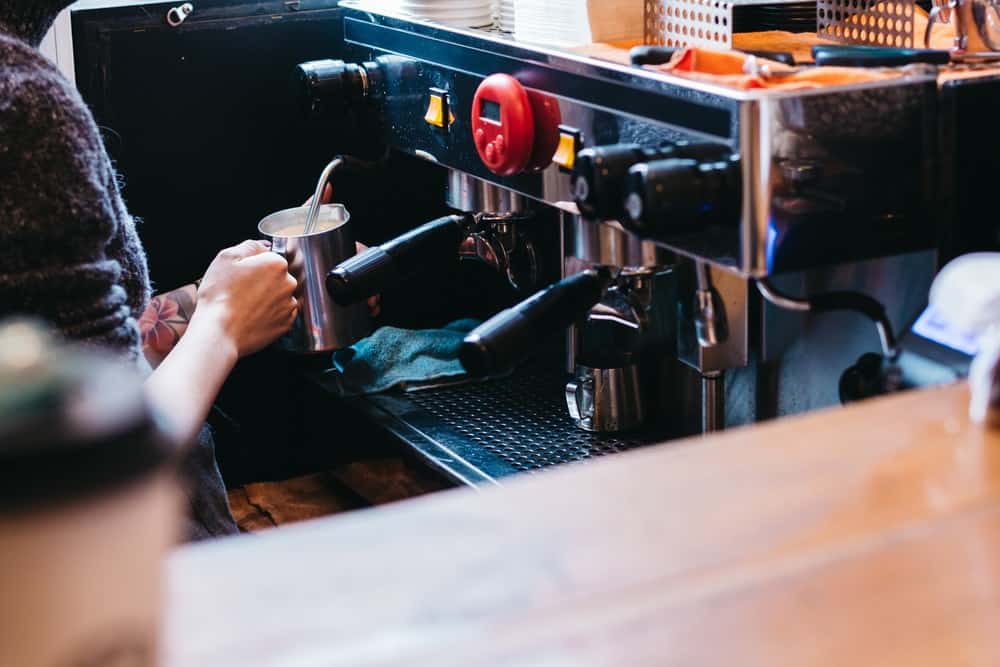
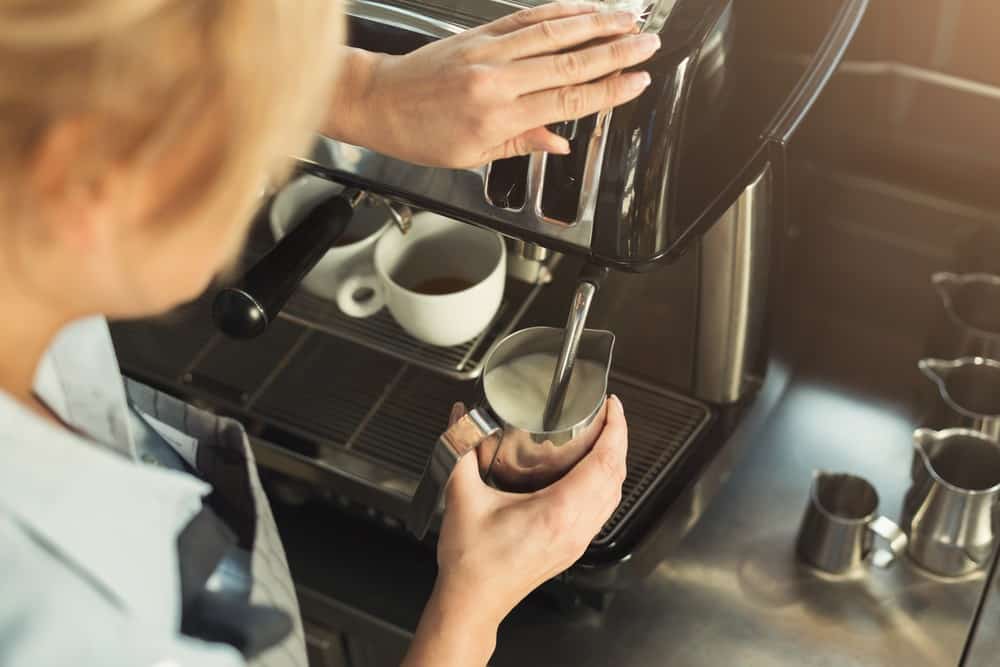
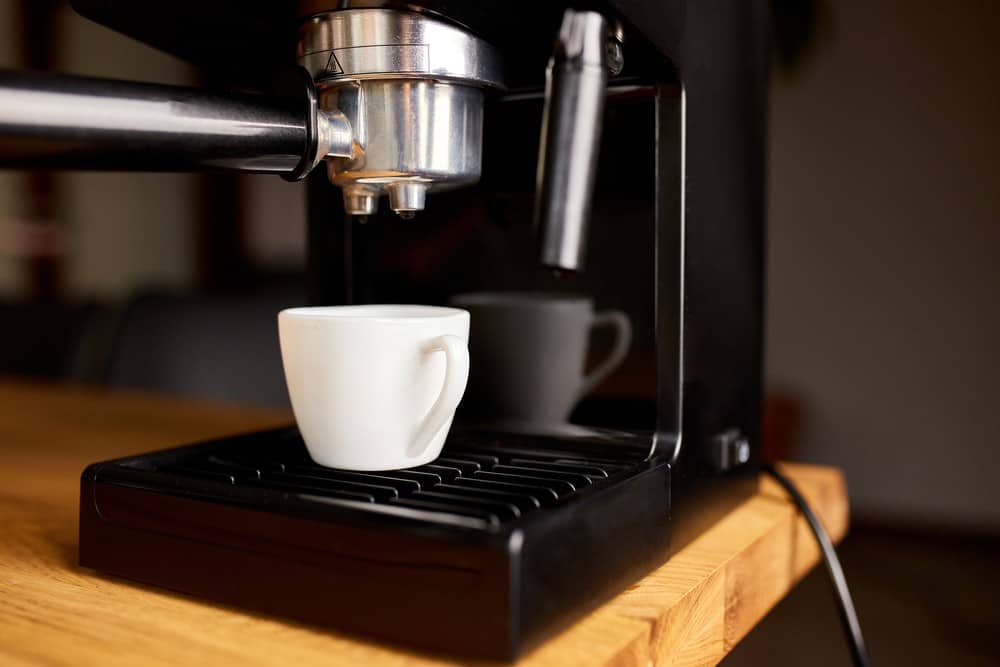
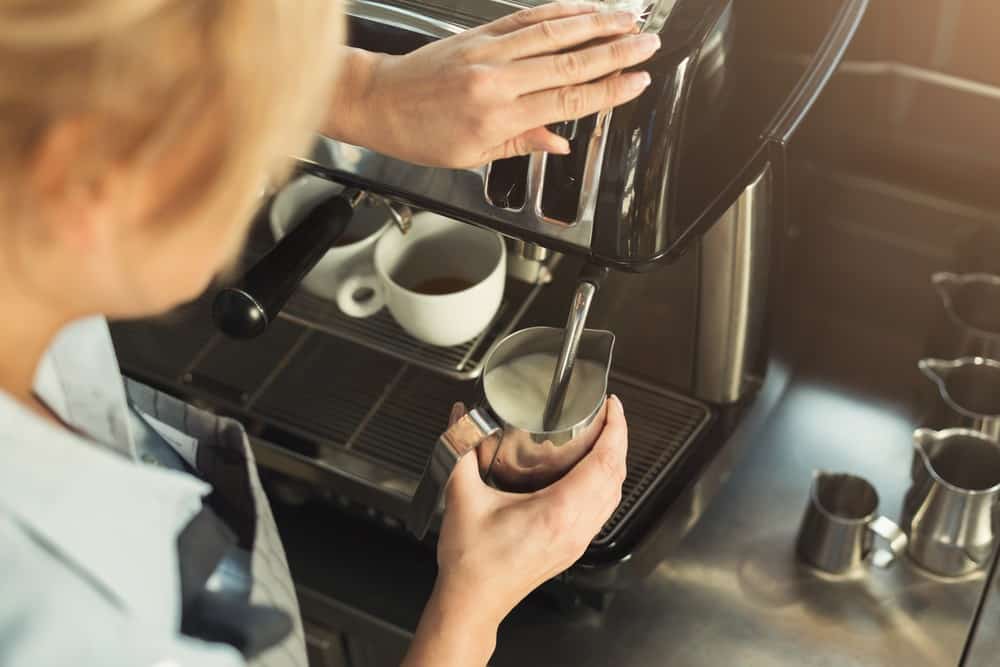
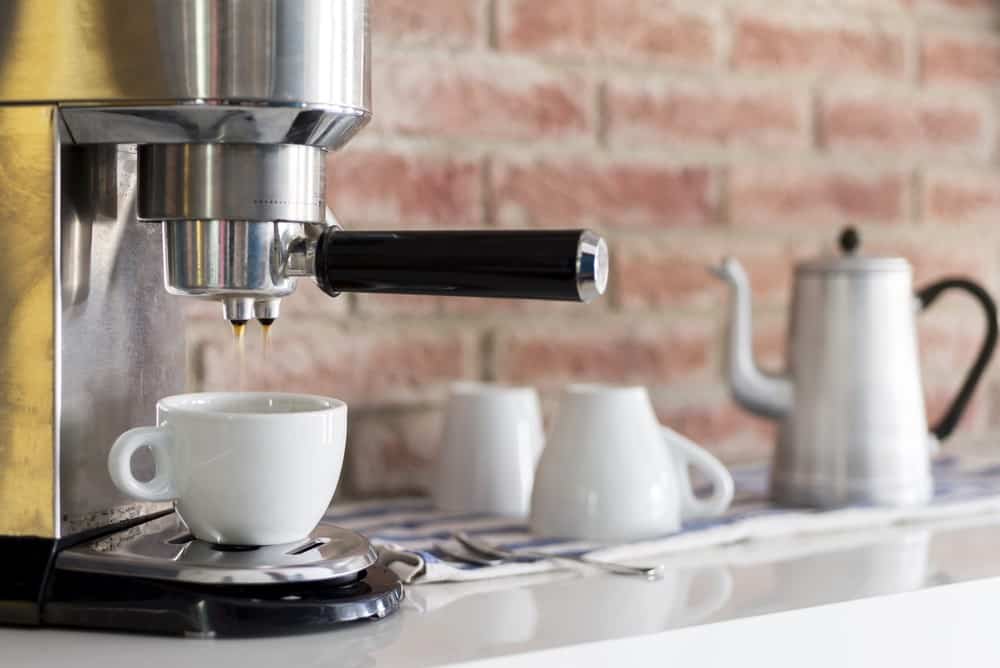
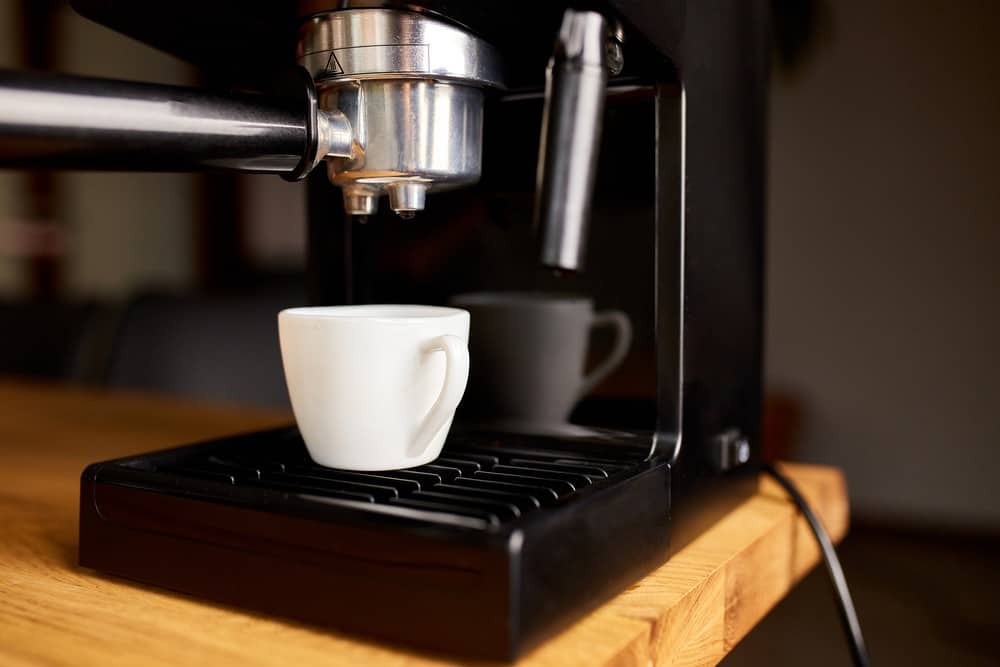
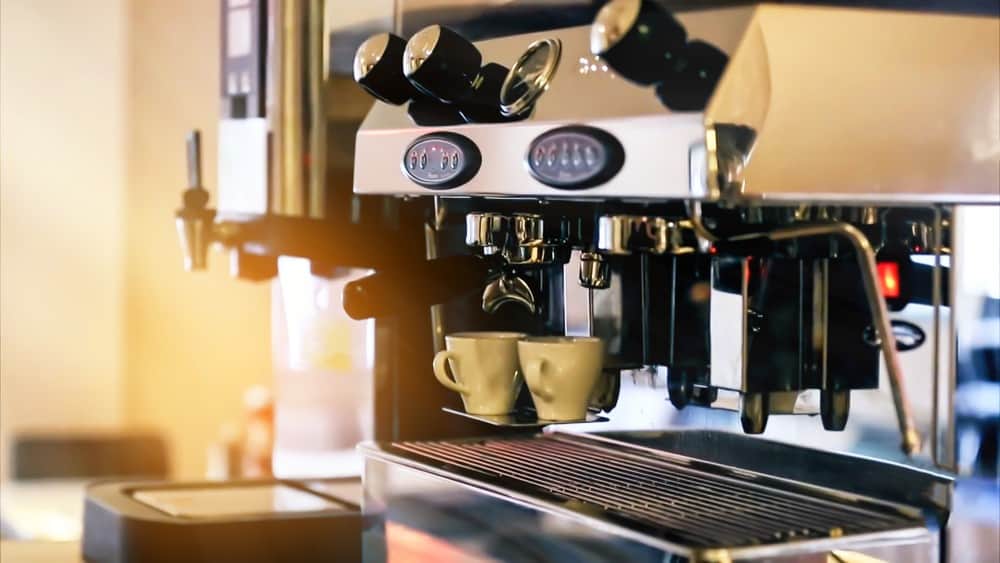
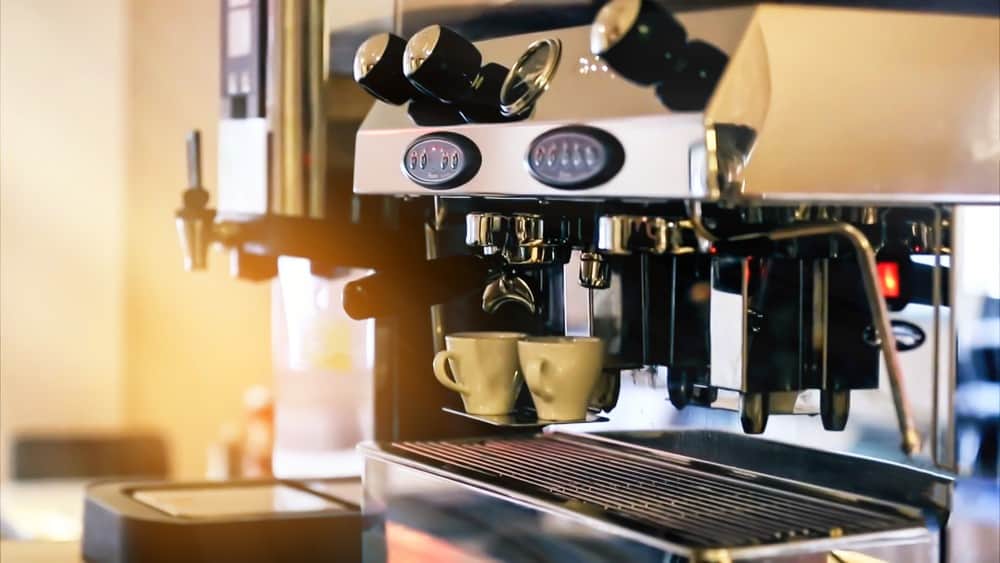
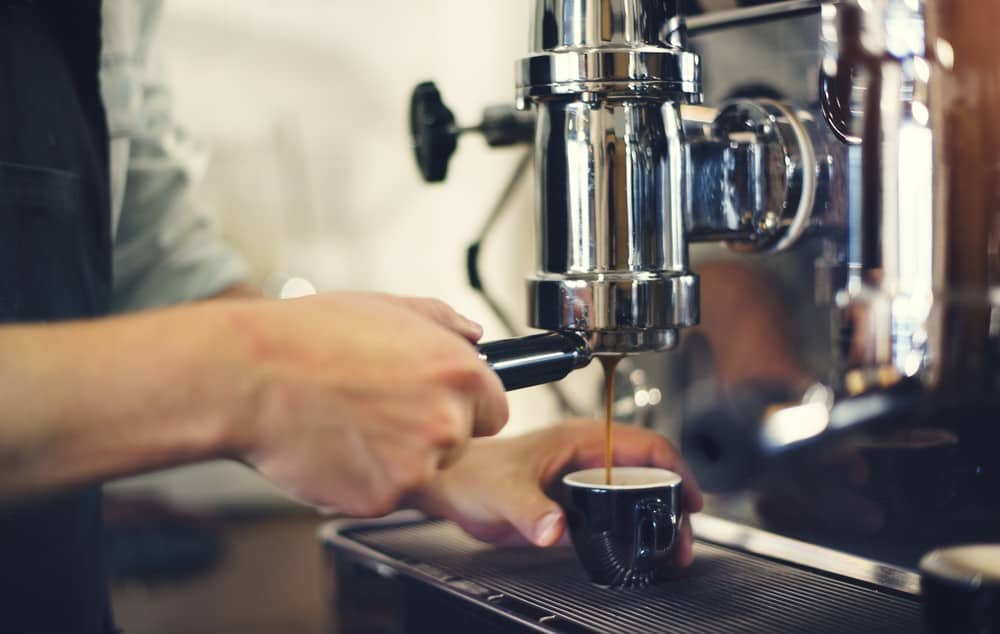
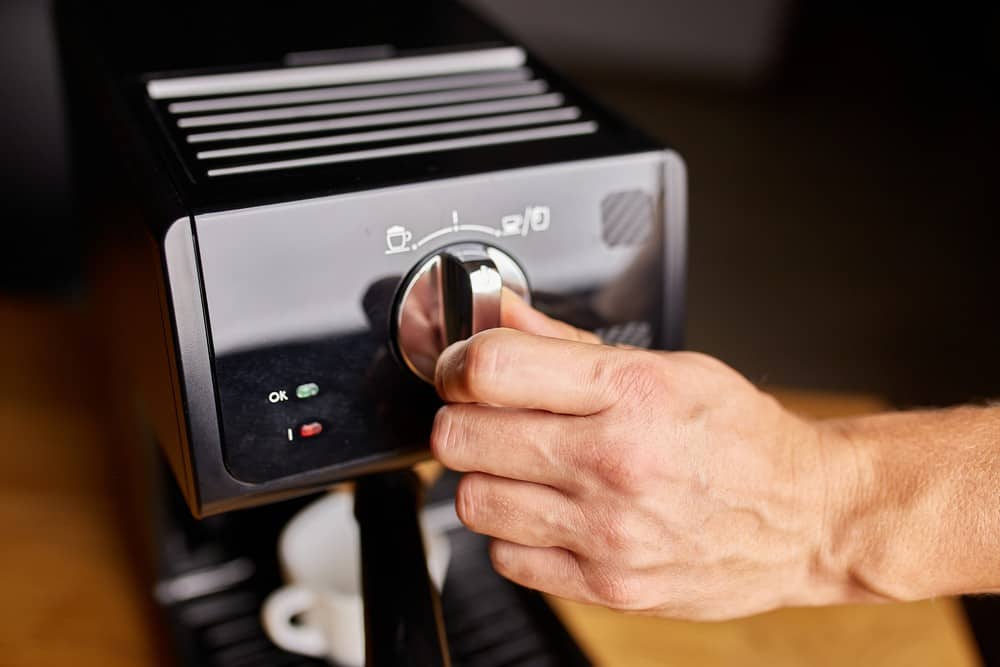
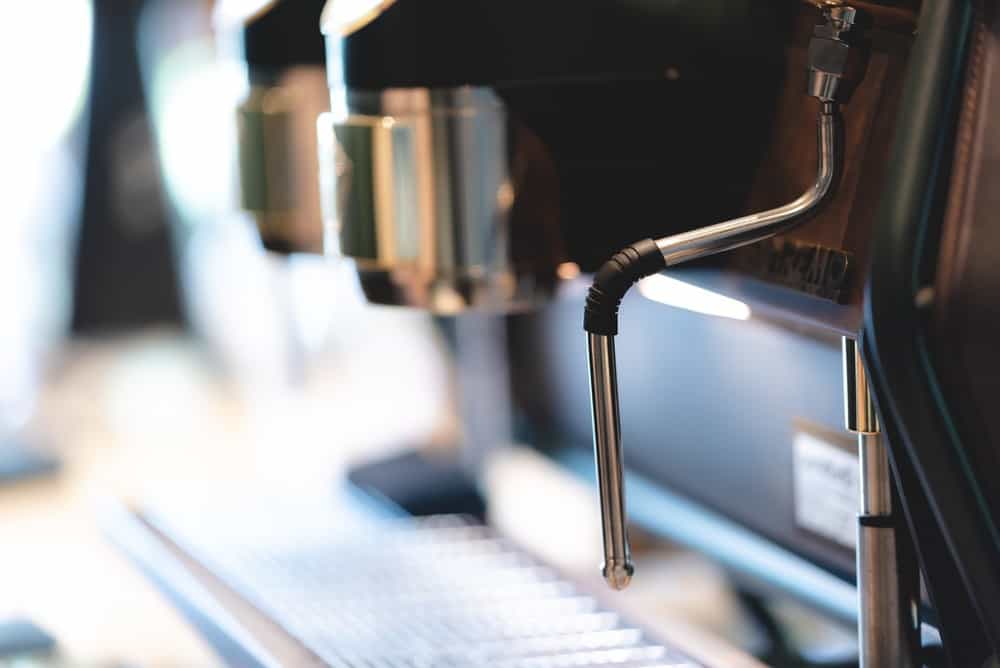
![Best Keurig Alternatives in [year] 27 Best Keurig Alternatives in 2025](https://www.gadgetreview.dev/wp-content/uploads/best-keurig-alternative-image.jpg)
![Best Semi Automatic Espresso Machines in [year] 28 Best Semi Automatic Espresso Machines in 2025](https://www.gadgetreview.dev/wp-content/uploads/best-semi-automatic-espresso-machine-image.jpg)
![Best Coffee and Espresso Makers in [year] 29 Best Coffee and Espresso Makers in 2025](https://www.gadgetreview.dev/wp-content/uploads/best-coffee-and-espresso-maker-image.jpg)
![Best Kitchen Appliances in [year] ([month] Reviews) 30 Best Kitchen Appliances in 2025 (December Reviews)](https://www.gadgetreview.dev/wp-content/uploads/best-kitchen-appliances.jpg)
![Quietest Coffee Makers in [year] 31 Quietest Coffee Makers in 2025](https://www.gadgetreview.dev/wp-content/uploads/quietest-coffee-maker-image.jpg)
![Best Prosumer Espresso Machines in [year] 32 Best Prosumer Espresso Machines in 2025](https://www.gadgetreview.dev/wp-content/uploads/71ytF6efAlL._AC_SL1500_.jpg)
![Best Single Serve Coffee Maker No Pods in [year] 33 Best Single Serve Coffee Maker No Pods in 2025](https://www.gadgetreview.dev/wp-content/uploads/best-k-pod-coffee-image-1.jpg)
![Best Coffee Makers for Hard Water in [year] 34 Best Coffee Makers for Hard Water in 2025](https://www.gadgetreview.dev/wp-content/uploads/best-coffee-maker-for-hard-water-image.jpg)
![Best Dual Boiler Espresso Machines in [year] 35 Best Dual Boiler Espresso Machines in 2025](https://www.gadgetreview.dev/wp-content/uploads/best-dual-boiler-espresso-machine-image.jpg)
![Best Coffee Makers for RV in [year] 36 Best Coffee Makers for RV in 2025](https://www.gadgetreview.dev/wp-content/uploads/best-coffee-maker-for-rv-image.jpg)
![Best Ninja Coffee Makers in [year] 37 Best Ninja Coffee Makers in 2025](https://www.gadgetreview.dev/wp-content/uploads/best-ninja-coffee-maker-image.jpg)
![Best Breville Espresso Machines in [year] 38 Best Breville Espresso Machines in 2025](https://www.gadgetreview.dev/wp-content/uploads/best-breville-espresso-machine-image.jpg)
![Best 5 Cup Coffee Makers in [year] 39 Best 5 Cup Coffee Makers in 2025](https://www.gadgetreview.dev/wp-content/uploads/best-5-cup-coffee-maker-image.jpg)
![Best Commercial Coffee Makers in [year] 40 Best Commercial Coffee Makers in 2025](https://www.gadgetreview.dev/wp-content/uploads/best-commercial-coffee-maker-image.jpg)
![Best Commercial Espresso Machine for a Small Coffee Shop in [year] 41 Best Commercial Espresso Machine for a Small Coffee Shop in 2025](https://www.gadgetreview.dev/wp-content/uploads/best-commercial-espresso-machine-small-coffee-shop-image.jpg)
![Best Coffee for Moka Pot in [year] 42 Best Coffee for Moka Pot in 2025](https://www.gadgetreview.dev/wp-content/uploads/best-coffee-for-moka-pot-image.jpg)
![Best USA Made Coffee Makers in [year] 43 Best USA Made Coffee Makers in 2025](https://www.gadgetreview.dev/wp-content/uploads/best-usa-made-coffee-makers-image.jpg)
![Fastest Coffee Makers in [year] 44 Fastest Coffee Makers in 2025](https://www.gadgetreview.dev/wp-content/uploads/fastest-coffee-maker-image.jpg)
![Best SCAA Certified Coffee Makers in [year] 45 Best SCAA Certified Coffee Makers in 2025](https://www.gadgetreview.dev/wp-content/uploads/best-scaa-certified-coffee-maker-image.jpg)
![Best Smart Coffee Makers in [year] 46 Best Smart Coffee Makers in 2025](https://www.gadgetreview.dev/wp-content/uploads/best-smart-coffee-maker-image.jpg)
